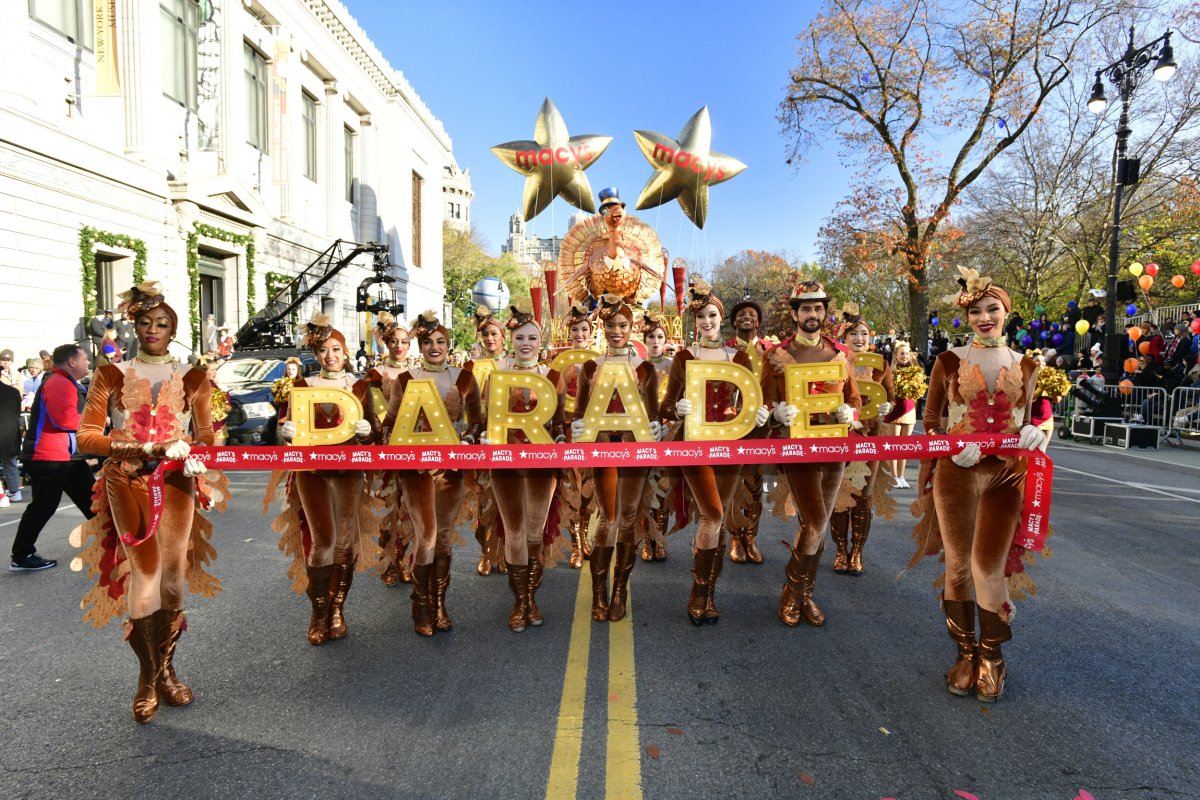For most American families, Thanksgiving is a simple time. In an era where a mere 50 percent of immediate families eat dinner together, Thanksgiving is the one date where multigenerational extended families and friends come under one roof and celebrate their blessings. Often, differences in faith and politics take a backseat to food, family, and football. It is a tradition that I do not think we should lose, especially in these challenging times.
And yet, truth should triumph over nationalistic narratives. And the truth about Thanksgiving should be learned by all Americans, as it is a part of our complicated history of savage betrayal and removal of indigenous people and the colonization of their land.
The actual date for the first Thanksgiving is somewhat disputed. Most put the first Thanksgiving in 1621, when the Pilgrims had a feast with the Wampanoag, an Indigenous Nation in and around Plymouth. Scholars say "Thanksgiving" is a misnomer, since the Pilgrims would have given thanks by fasting and "quiet contemplation." It would have been referred to as a "Rejoicing." The Wampanoag made a mutual defense pact with the Pilgrims. They had been devastated by an epidemic brought by settlers and didn't have the numbers to fight off their rivals, the Narragansett. The Pilgrims were relatively small in number but the Wampanoags could use all the help they could get. The Wampanoag showed up for the rejoicing thinking the Pilgrims were being attacked, not because they'd been invited to a feast.
The first Thanksgiving celebration did not set off a yearly remembrance. The Pilgrims celebrated in 1637, when Massachusetts Bay Governor John Winthrop called for a celebration to honor soldiers who had just massacred the Pequot tribe (including women and children) in Mystic, Connecticut. They rejoiced again in 1676, when they dismembered a Wampanoag leader named Pumetacom and placed his head on a pike where it remained to rot for the next two decades. Ironically, Pumetacom's father was present at the first rejoicing in 1621.
Even if the initial feast was dedicated to peace, the settlers decimated the Wampanoag and other New England indigenous groups soon after through war and disease. Many Wampanoags were also placed into indentured servitude and debt peonage for the following two centuries. Since 1970, Indigenous groups in New England and around the nation have commemorated Thanksgiving as a National Day of Mourning.

Abraham Lincoln made Thanksgiving a national holiday in 1863. He hoped that a secular national holiday would help reunify the country as the brutal Civil War came to a close. Lincoln also wanted to pacify with indigenous people only one year removed from ordering the hanging of 38 Dakota men in Minnesota following the Dakota war, which amounted to the largest mass execution in U.S. history. It was a perfect narrative to build for the time period. It centered the Pilgrims as the foundation of our country's roots, allowing for the narrative to bypass the painful and at the time still divisive topic of slavery that would need to be discussed if we use Jamestown or Point Comfort, Virginia as our starting point.
Even today, using the 1619 Point Comfort landing that preceded the Mayflower is still oddly controversial. Thanksgiving also effectively downplays Native resistance and makes the Pilgrims' voyage about freedom and not imperialist settler colonialism. For the next century, the story of Thanksgiving would make the Pilgrims and other British colonists seem kind and willing to live in peace. Natives, meanwhile, were framed in novels and films as brutal and aggressive, unjustly collecting the scalps of white men.
The cruelty our country placed upon Indigenous people did not go unnoticed by everyone. Adolf Hitler was said to be a big fan of American westerns and a student of racist Indian policy and Jim Crow laws. The Germans are deeply ashamed of their Nazi past. However, they don't run away from it. Learning about the Holocaust and Nazism is compulsory for German students, and many have visited a concentration camp.
Truly patriotic history can be difficult but is honest. It tells the story of America humbly while recognizing the strides we've taken toward a more perfect union.
Thanksgiving is a wonderful time to spend with family and friends, but we owe it to our indigenous forefathers to know its history.
Dr. Jason Nichols is an award winning senior lecturer in the African American Studies Department at the University of Maryland College Park and was the longtime editor-in-chief of Words Beats & Life: The Global Journal of Hip-Hop Culture.
The views expressed in this article are the writer's own.
Uncommon Knowledge
Newsweek is committed to challenging conventional wisdom and finding connections in the search for common ground.
Newsweek is committed to challenging conventional wisdom and finding connections in the search for common ground.





